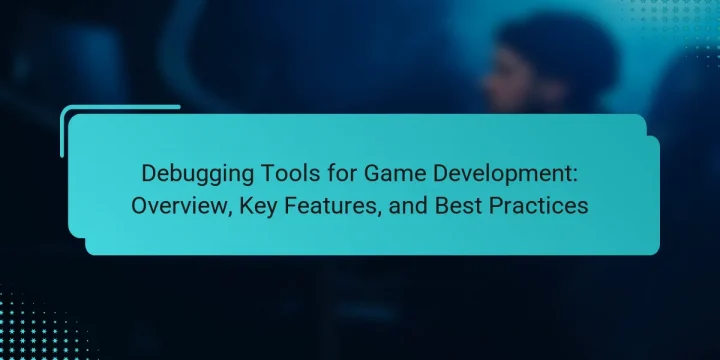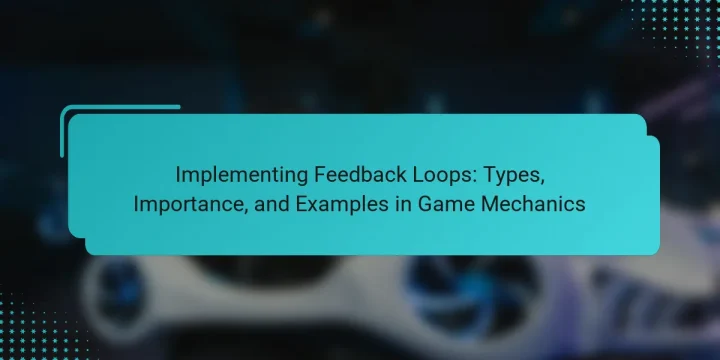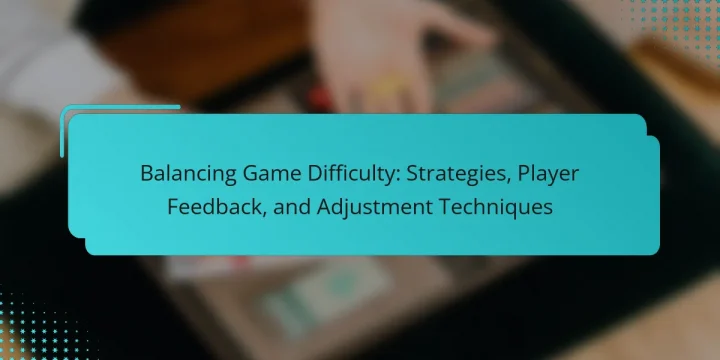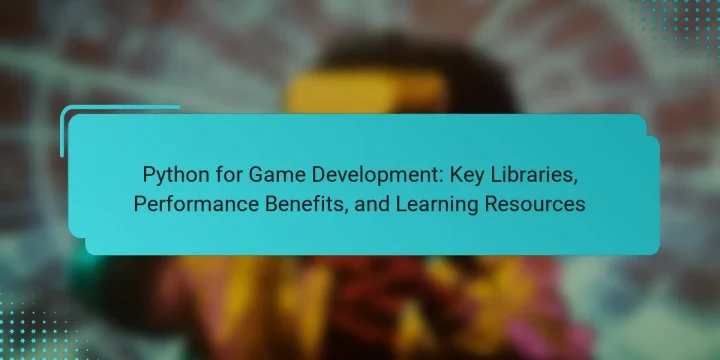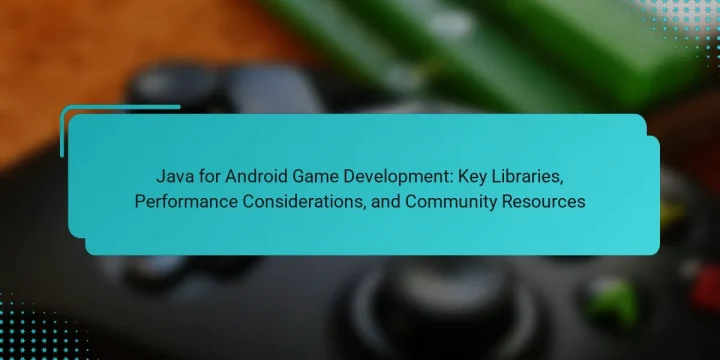
What is Leveraging Merchandise for Game Revenue? Leveraging merchandise for game revenue involves creating and selling products related to a game. This strategy enhances brand visibility and engages the gaming community. Merchandise can include apparel, collectibles, and in-game items. It allows developers to diversify income sources beyond game sales. Research indicates that successful merchandise can increase overall revenue by up to 30%. Brands like Fortnite and Pokémon exemplify effective merchandise strategies. These brands generate significant revenue through product sales, reinforcing their market presence. How can merchandise enhance revenue for game developers? Merchandise can significantly enhance revenue for game developers by creating additional revenue streams. Selling branded products such as apparel, collectibles, and in-game items allows developers to monetize their intellectual property. According to a report by Statista, the global gaming…
